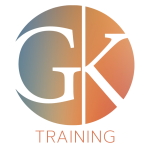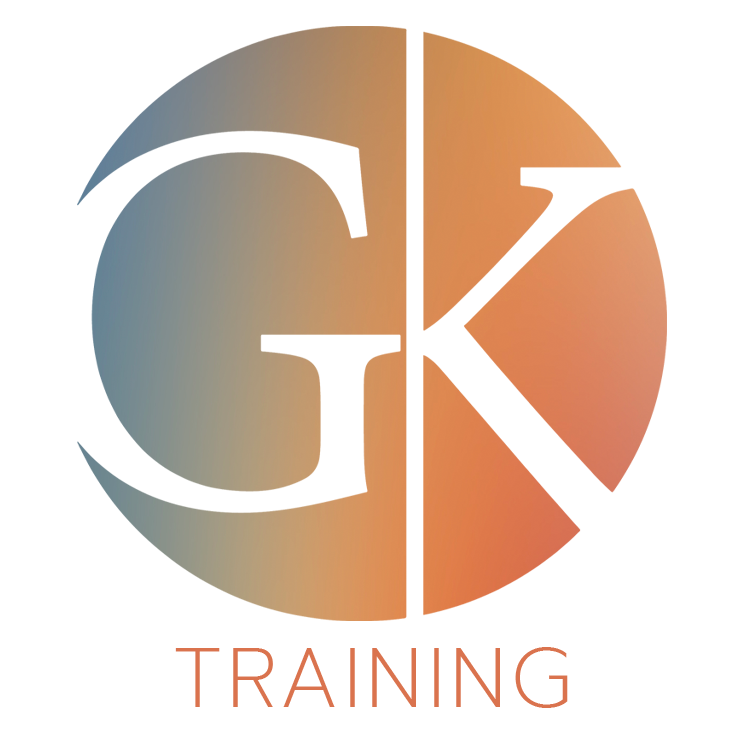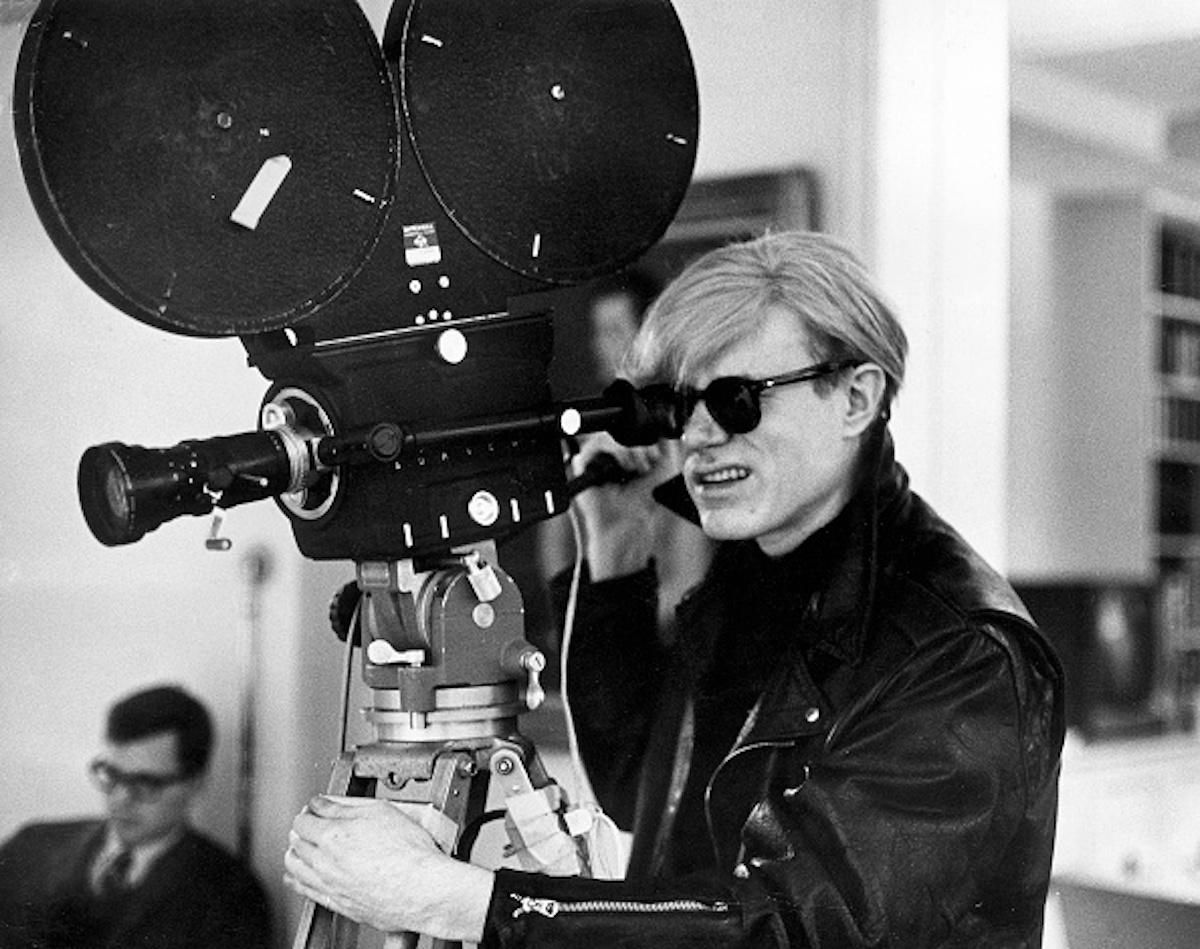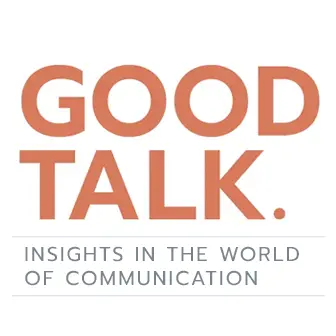
Good Talk: August 4th, 2022 Briefing
August 4, 2022
Good Talk: September 15th, 2022 Briefing
September 23, 2022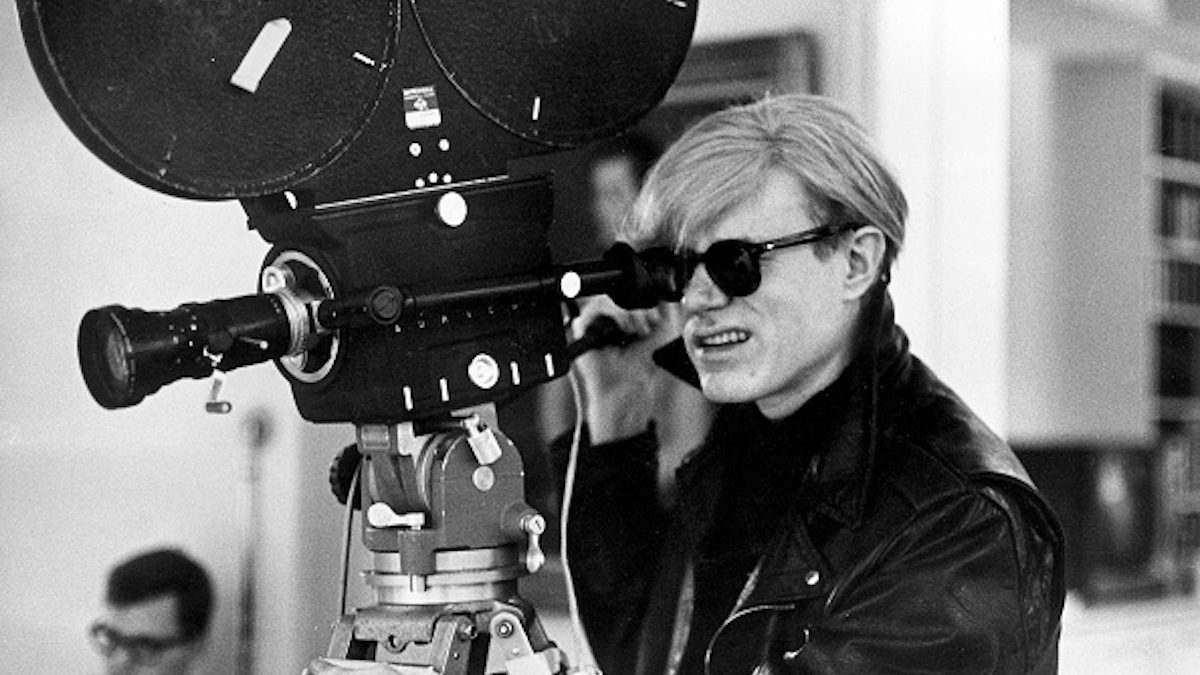
I Am a Camera (But Wish People Liked Me)
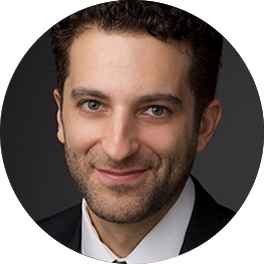
By: Ben Graney
Published: August 28th, 2022
Raise your hand if you like watching yourself on video. Raise your hand if you like listening to your own voice on recordings. No one? You’re in good company. Not many people like to look at themselves on video or listen to recordings of themselves. I would guess the vast majority of people fall into that category. Of course there are exceptions: musicians, actors…reality stars. Within those highly visible groups, however, there are even people who follow the majority opinion and don’t like to watch or listen to themselves. Many actors see only their mistakes or things they could’ve done better. Same for musicians. I’m not quite sure what reality stars who don’t like looking at themselves are avoiding, but I’m sure there’s something.
If you’re looking to improve your communication skills—and if you’re reading this blog I’m assuming you are—then there are two tools that you most likely have in your pocket or on your desk that are guaranteed to help you get better. You may have already guessed what they are: a camera and a voice recorder. Cameras and voice recorders are some of the most valuable tools you have in your arsenal when looking to improve your communication skills: they capture all the metrics you need to improve, they’re offer the most objective perspective, and they can provide a look-back to see how much growth has been achieved.
There are certain quantifiable goals you can hope to achieve when looking to improve your communication skills. You may want to slow down your rate of speech. You may be looking to reduce the amount of filler language (um, uh, y’know, kinda, sorta) that you use. You might be looking to improve your enunciation. Whatever you’re looking to improve you need to get a baseline of where you are right now. How fast do you think you’re speaking? With a voice or video recording, you have a built in timestamp. How many “ums” and “uhs” did you say? With your recording, a pen, and some paper, the answer is just a replay away. If you get people saying “Huh?” to you all the time because you’re not enunciating enough, with your recording, you can finally understand what all those people have been experiencing when they listen to you and which words or sounds need the most work. You can measure each one of these categories and use that data to your advantage in order to get better.
It’s also important to remember another reason to record yourself. Simply put, your perception of how well or poorly you speak may not equal the reality of how well or poorly you speak. This phenomenon is best explained in a situation most of us have felt before. If you’re speaking in front of people and forget what you want to say, the ensuing pause generally feels about ten times as long as the pause actually was. The camera or voice recorder can be the objective perspective for just these moments.
If you really want to get better, a good first step is to ask the people close to you for help and what they think. This could be a co-worker, a friend, or a significant other. While getting help from loved ones is a great first step to getting better, solely relying on their feedback may only take you so far. These people could be your subordinates, friends, or people who love you. Despite asking for honest feedback from them, there might still be some feedback withheld due to fear of hurting your feelings. The most simple and best remedy to use in conjunction with asking for feedback from your loved ones is to also use a camera or voice recorder. That way, you can hear what your loved ones or co-workers have to say, take it in, use what they’ve said to improve, and then check the tape. You’ll undoubtedly find more things to improve as you watch or listen to the playback and you won’t have to worry about the audio or video withholding any feedback. You will see the raw, unvarnished truth of how you communicate.
After some time, and with the proper growth mindset and practice, you will improve in your communication. You could drastically improve your pace, your linguistic precision, and your enunciation, among much else. Again, you can get very good help from the people you trust, but you should also take the most honest feedback you can get – from audio and video recordings of yourself communicating. Over time, you will become more and more desensitized to hearing and seeing your self on audio or video and it will become easier, perhaps even enjoyable. Your next step will be to keep recording yourself, gathering more data, and then compare what you’ve just recorded to your earlier recordings. You can and should actually quantify how you’ve improved with measurable metrics, all gathered from audio or video.
Finally, if you want a tool that does some of the metrics for you, look no further than GK Training’s own app, Question Roulette. This app is a voice recorder that you can program to ask and practice specific questions. Your answers are then analyzed and different metrics are provided to help you improve. If you’ve started out recording only yourself practicing, don’t forget to record yourself (if possible and allowed) giving live communication in front of other people. With the addition of nerves and stress, the data you can get from a recording of a high-pressure situation will be invaluable to your continued growth. Also, give yourself a pat on the back. Recording yourself, watching it back, and dissecting your performance requires bravery and trust in yourself. Be kind to yourself, don’t self-flagellate for mistakes, and take pride in your improvements.
